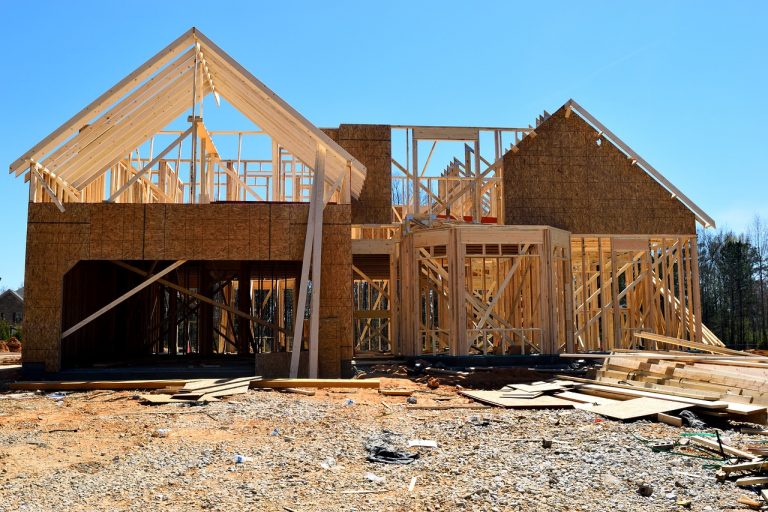
Planning reform: what the proposed changes mean for homebuilding
General News | August 2, 2024 | Lizzie

General News | August 2, 2024 | Lizzie

The new government has put a major reform of planning rules in England and Wales at the heart of its growth agenda.
Ministers say the current planning regime acts as a major brake on economic growth and efforts to provide much-needed homes of all tenures in communities across the country.
Announced in the King’s Speech, the Planning and Infrastructure Bill is designed to unlock more housing through a more liberalised planning system.
It includes proposed changes to the planning system at a local level, modernising planning committees and increasing local planning authorities’ capacity to deliver a faster, improved service.
The changes, including a revised method for calculating housing need across the country, are contained in a draft of the revised National Planning Policy Framework (NPPF) which is available for public consultation until 24th September.
Reasons for reform
The government’s argument for reform reflects concern over the time it takes to put planning applications through the system.
Ministers say timescales for decision-making are growing.
They have found that only 9 per cent of local planning authorities are determining more than 70 per cent of non-major applications within eight weeks.
And only one per cent of authorities currently determine more than 60 per cent of major applications within the statutory 13-week period.
The revised NPPF aims to help reverse this trend, boosting capacity at a local level and speeding up decision-making, which will in turn help to accelerate a future pipeline of housing delivery.
Targets
Applied nationally, the overall aim is to increase homebuilding to meet a target of more than 1.5 million units, equivalent to 371,541 dwellings a year.
Currently, the number of new homes being delivered annually has dropped below 200,000, so the uplift is around 21% compared to volumes derived from the previous method.
The result of this would be greater targets for local authorities when preparing plans and defending speculative planning applications.
Green belt
The consultation NPPF also includes policy changes to allow a review of greenbelt land for housing in ‘exceptional circumstances’.
In a marked change to policy up to now, the proposed framework states that ‘exceptional circumstances’ can include situations where a local planning authority cannot meet its identified need for residential development.
In these cases, the authority is required to review where revisions to green belt boundaries should take place.
The starting point for identifying and prioritising where development can take place is ‘previously developed sites’, then ‘grey belt’, then ‘sustainable locations for growth in the green belt’.
‘Grey belt’ refers to a range of land types such as wasteland, car parks, quarries, disused petrol stations and poor-quality scrubland on the outskirts of towns.
The definition excludes areas of particular importance, for example land with an existing environmental designation.
Reaction
The response to the draft NPPF from many planning sector commentators is that compared to previous planning reforms, the consultation appears to be coherent and free of slogans and vague or generic phrases.
Of course, there will be debate, discussion and tweaks, but it appears that many consider the changes to be a positive step towards meeting housing need.
While that may be true nationally, both increased targets and a review of what is ‘exceptional’ regarding the green belt may well represent a challenge when applied in local circumstances.
Balancing different interests
Planning is always about weighing the balance of competing objectives.
The worry for local people will be that unless authorities are quick to act and ensure their plans are prepared and adopted to address the higher target in their area, applications being made speculatively may continue to be granted, locally or at appeal.
If you are a property owner, developer or investor and have a question about the consultation NPPF, feel free to drop into one of our offices or talk to us on 02392 826731.
Book a face-to-face valuation with one of our local property experts, free without any obligation.